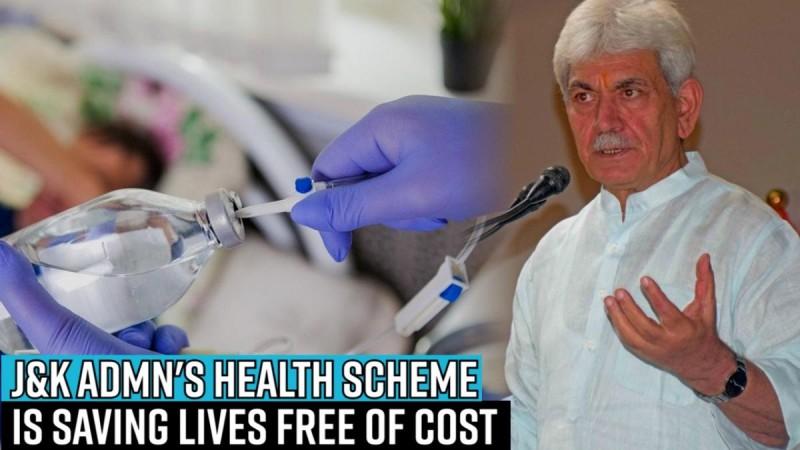As many as 210 hospitals have been de-empanelled after detecting frauds of staking fake claims under the Ayushman Bharat Pradhan Mantri Jan Arogya Yojana (AB-PMJAY) scheme across the country since the launching of this health cover programme.
As per official documents, till August this year appropriate actions against over 1.6 lakh claims worth Rs. 278 crores are taken by State Health Agencies as per guidelines issued by
National Health Authority (NHA).
210 hospitals have been de-empanelled and 188 hospitals have been suspended due to their involvement in activities non-compliant with the guidelines issued by NHA or State Health Authority (SHA).
A penalty of Rs. 20.71 crore has been levied against which an amount of Rs. 9.5 crore has been recovered.

National Health Authority (NHA) has set up a National Anti-Fraud Unit (NAFU) with the primary responsibility for prevention, detection, and deterrence of fraud and abuse under AB-PMJAY.
The anti-fraud structure under the scheme has NAFU at the central level, followed by State Anti-Fraud Units (SAFUs) at the State level.
NHA uses Artificial Intelligence to detect fraud in Ayushman scheme
According to the government the National Health Authority (NHA) uses Artificial Intelligence (AI) and Machine Learning (ML) technologies to detect suspicious transactions / potential frauds under AB-PMJAY.
These technologies are used for the prevention, detection, and deterrence of healthcare fraud in the scheme implementation and help ensure appropriate treatment to the eligible beneficiaries.

Scheme launched to provide Rs 5 lakh health cover to deserving poor families
The Ayushman Bharat Pradhan Mantri Jan Arogya Yojana (AB-PMJAY) scheme was launched on 23 September 2018 which aims at providing a health cover of Rs. 5 lakhs per family per year for secondary and tertiary care hospitalization to over 12 crores poor and vulnerable families (approximately 55 crore beneficiaries).
The Government of India has launched the Ayushman Bharat Digital Mission (ABDM) which aims to create a platform enabling the interoperability of health data within the health ecosystem to create longitudinal Electronic Health Records (EHR) of every citizen.
ABDM comprises key registries such as Ayushman Bharat Health Account (ABHA), Healthcare Professional Registry (HPR), Health Facility Registry (HFR), and Drug Registry. ABDM intends to make healthcare more transparent, secure, inclusive, accessible, and citizen-centric.
As on 8 th August 2023, a total of 44,19,86,761 Ayushman Bharat Health Accounts (ABHAs) have been created, 2,15,250 health facilities have registered on HFR, 2,13,784 healthcare professionals have registered on HPR and 29,28,29,789 health records have been linked with ABHA.









